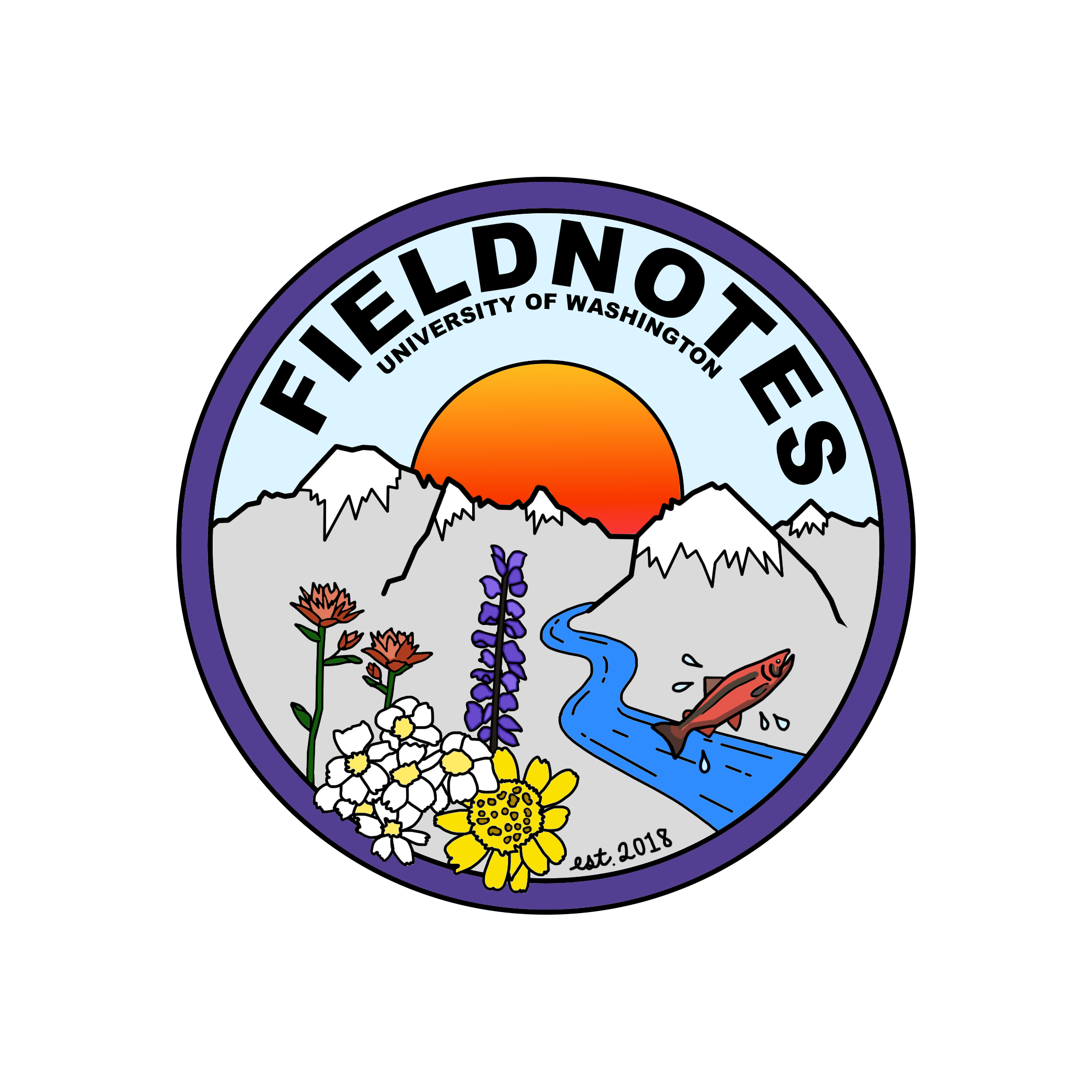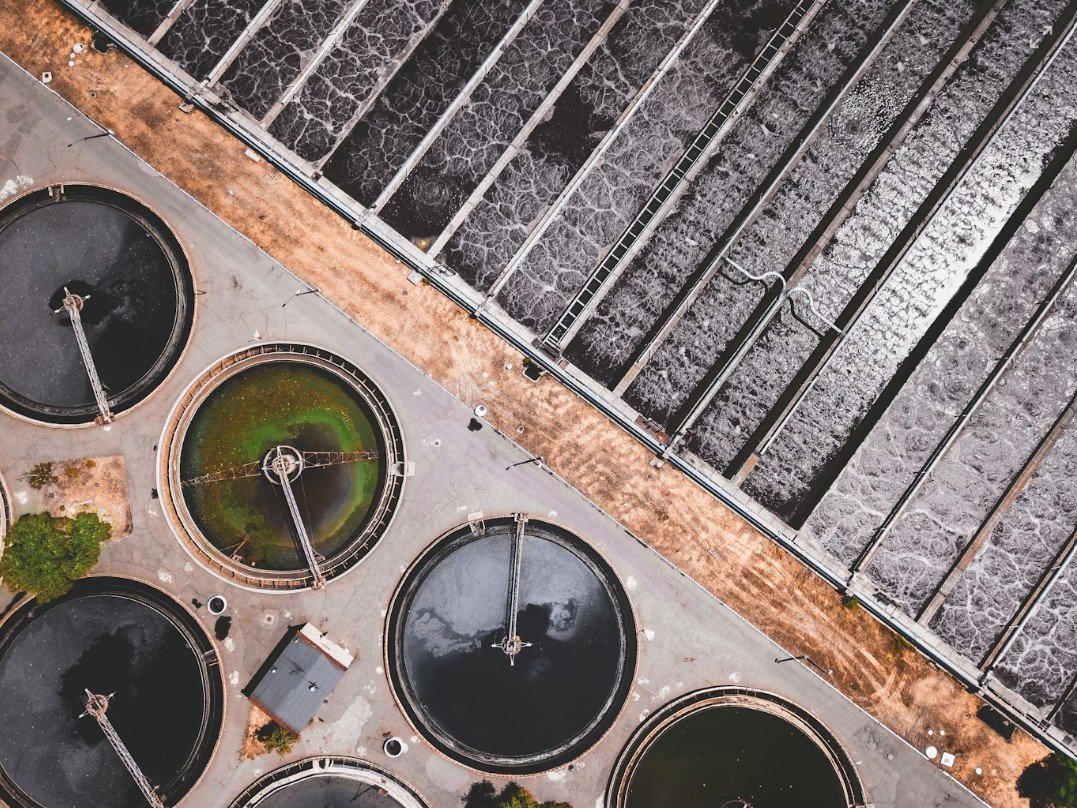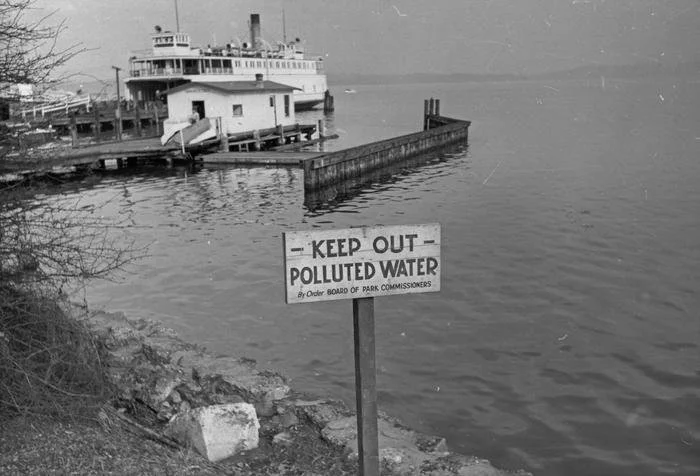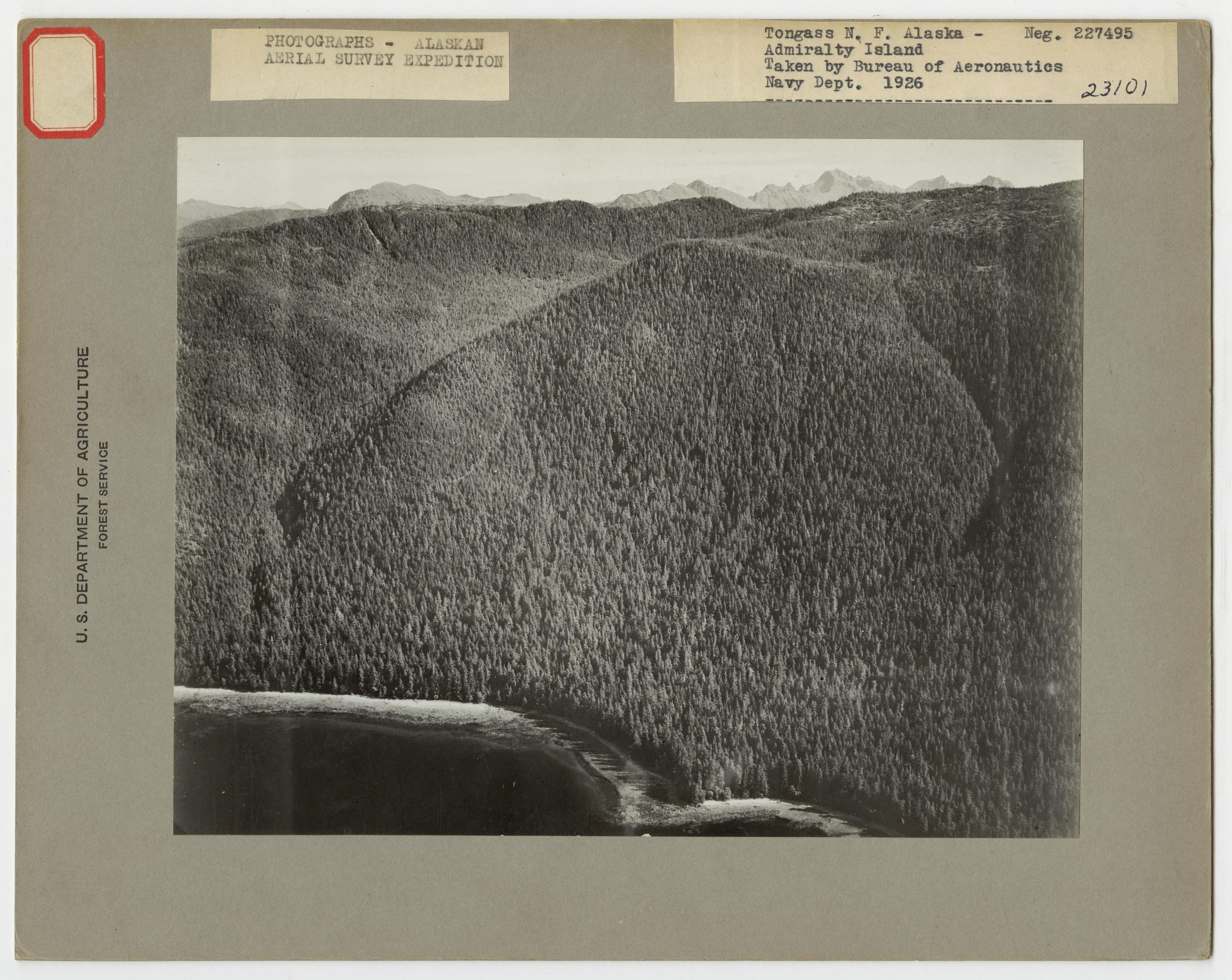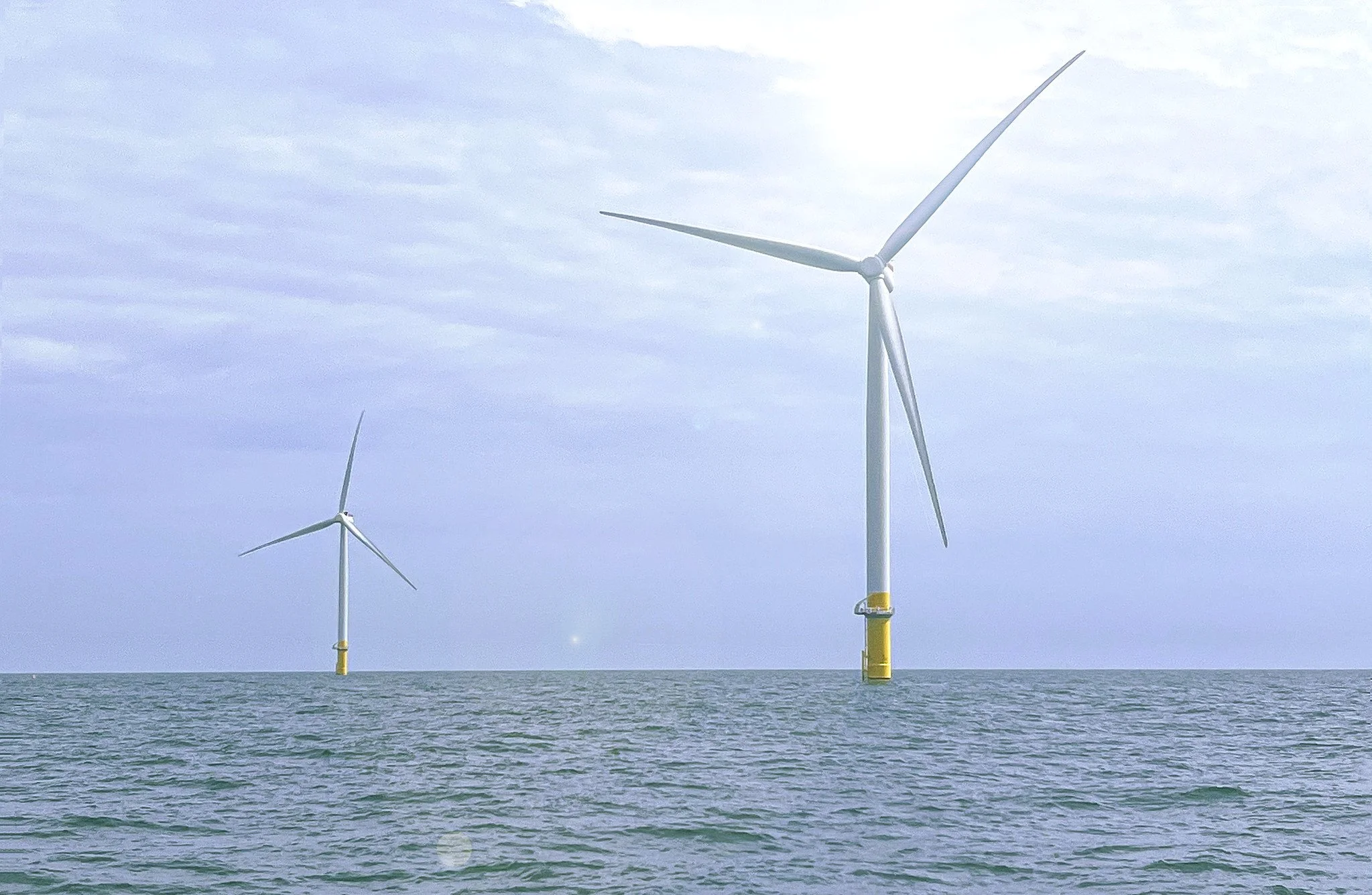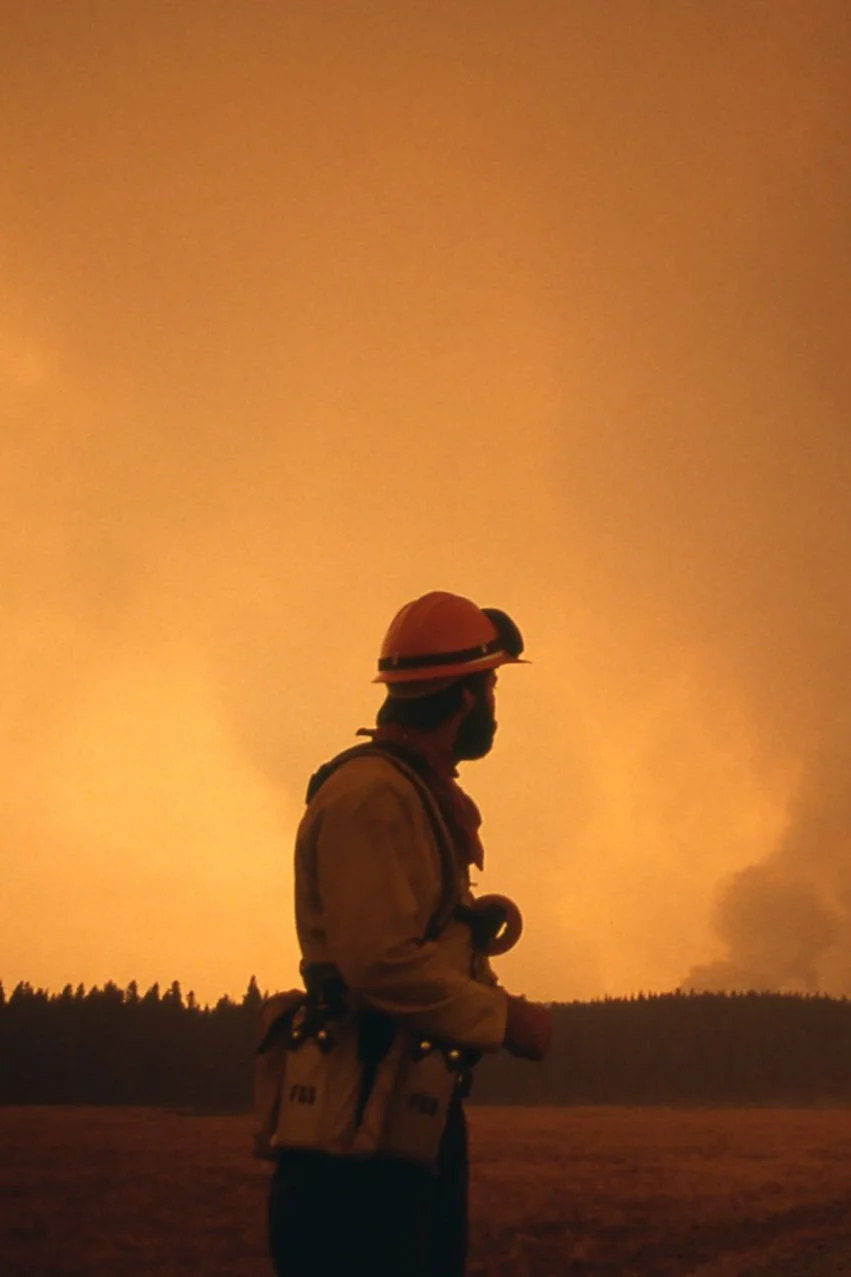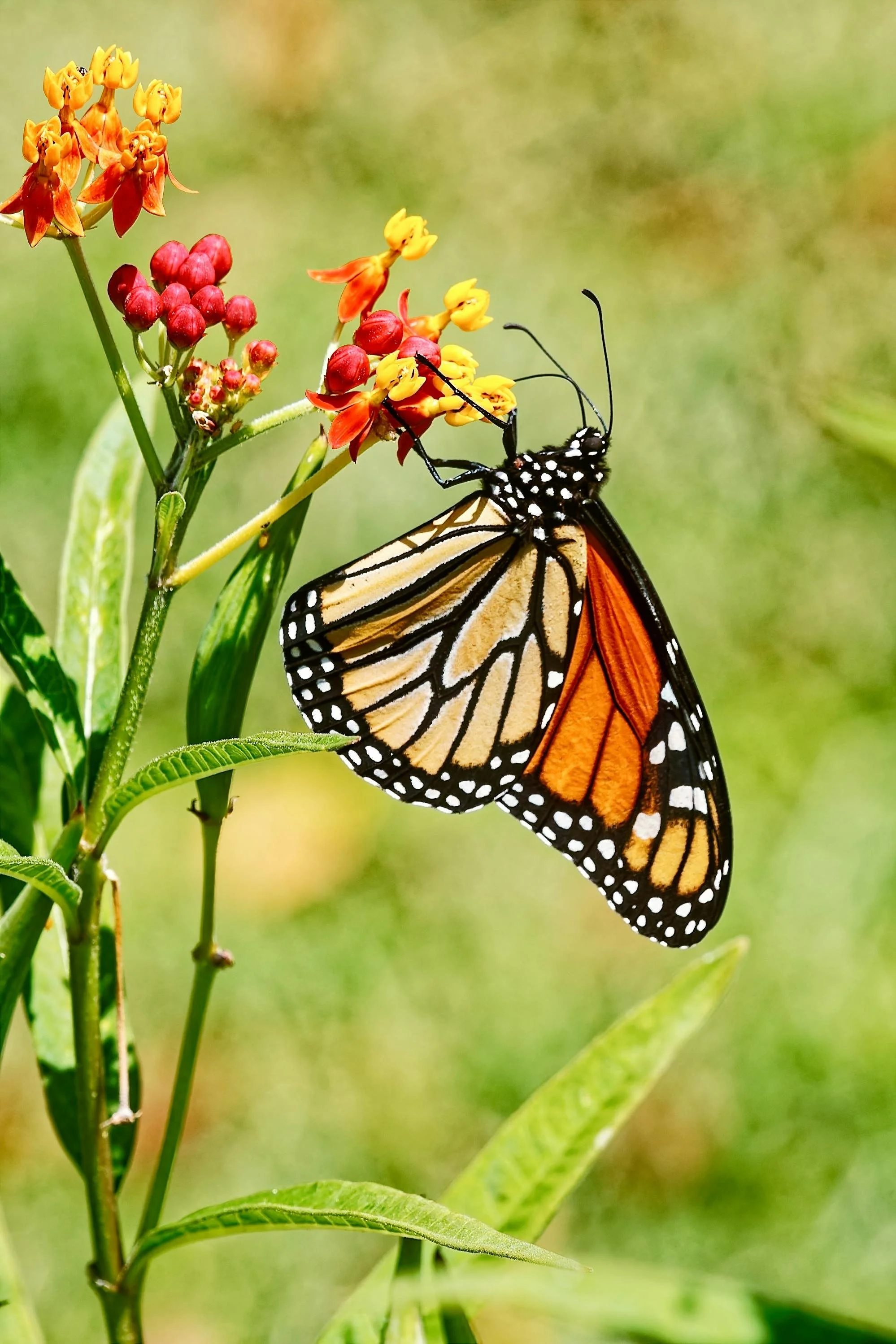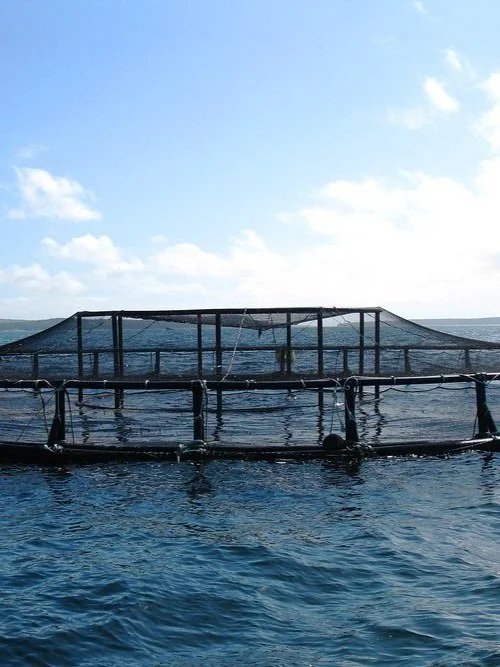The environmental consequences of your garbage disposal come down to your local climate, your local wastewater treatment, and your personal food waste habits.
Read MoreContrasting FIFA’s climate action commitments, the 2026 World Cup is predicted to be the most polluting tournament in the event's history. Cover Photo from Unsplash.
Read MoreDog parks are among the fastest growing public amenities, especially in urban areas. This is great news if you’re man's best friend, but is it also the case for the community and surrounding environments?
Read MoreThe environmental impacts of poorly managed septic tanks is a nationwide problem that goes underdiscussed. Past and current case studies may be able to inform future septic management.
Read MoreWith their population facing a 40-year low, the Southern Resident Orcas continue to face a severe struggle for survival due to lack of prey, toxic pollutants, and vessel disturbance.
Read MoreOn the Seattle waterfront, anyone can catch a squid under the right wintertime conditions. This accessible form of harvesting your own food fills a necessary niche for city dwellers.
Read MoreThe Roadless Rule has protected forest, watersheds, and wildlife for over 25 years. But with mounting pressure from logging industries, and a new call for widespread wildfire suppression through thinning, will the Roadless Rule survive?
Read MoreThe Trump administration’s efforts to halt the development of offshore wind farms have been met with a swath of legal battles, and even though early court decisions rule tentatively in favor of the energy companies, uncertainty remains as to the extent that the federal government is willing to go to stop these projects.
Read MoreMonarch butterfly populations are rapidly declining as a result of habitat loss, climate change, and limited food supplies. To secure their future, immediate conservation measures, cutting-edge technologies, and habitat restoration are crucial.
Read MoreAfter years of decline, record numbers of kokanee salmon returned from Lake Sammamish to spawn this past winter. Their resurgence is credited to King County’s Lake Sammamish Kokanee Work Group, recently energized by an emergency order to save the landlocked salmon from extinction.
Read MoreUW students develop a model to predict when the university’s famous cherry trees will bloom. Their efforts are producing valuable data for climate research and spring tourism alike.
Read MoreMuch of Washington State’s shoreline is armored against erosion, which degrades important intertidal ecosystems. The funding of sustainable alternatives is making waves throughout the state, converting armoring on both private and public land.
Read MoreThe 1988 Yellowstone Fires devastated the park but proved that even the most scorched landscapes can thrive again.
Read MoreTo address rising demand, a Spanish company has begun plans to construct a large-scale octopus farm. Activists around the world question the ethics of farming such intelligent creatures.
Read MoreTo many, the Washington Park Arboretum is a sanctuary outside the stress of the Seattle city. Scientists now know that birds don’t have that luxury and are facing challenges due to traffic on the 520 bridge.
Read MoreState agencies are racing against time to restore salmon passages and culverts. What does this mean for the future of salmon and the tribes that depend on it?
Read MoreConservationists and scientists debate over the efficacy of banning tropical milkweed from California backyards.
Read MoreNet-penning has been a long-contested issue, as advocates for its promotion of local jobs and economies clash with those exhibiting concern for marine ecosystem health.
Read MoreEnvironmental studies student Tess Petrillo shares their experience creating a guide to improve habitat restoration and ecological equity in urban environments.
Read MoreTwo major glaciers in the Prince of Wales Icefield are receding as air temperatures warm, and the implications for global sea level rise are major.
Read More